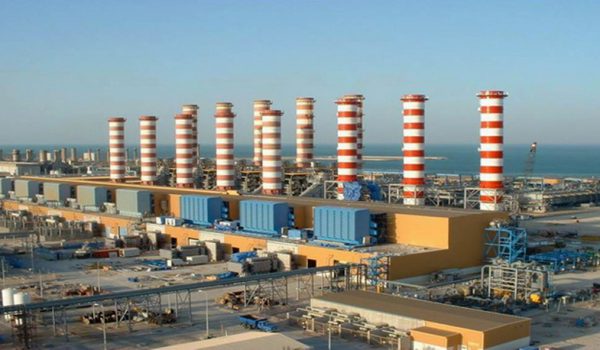
A new draft law in Qatar that makes wasting water and electricity punishable by fines of up to QR20,000 has been ratified by the country’s Cabinet.
It is already against the law in Qatar to keep external lights on between 7am and 4pm, and to use running water from a hose on gardens or to wash cars.
But the new legislation, which amends Law No. 26 of 2008, would double the maximum penalty that the current conservation law allows for violators.
QNA reports that residents and owners of buildings who use drinking water to wash cars or equipment or clean courtyards can be fined up to QR20,000 for the offense. It is also against the law to neglect damaged pipes that cause water leakage.
And those who leave their outside lights on during the day could be fined up to QR10,000. It is not against the law, however, for buildings to leave their lights on at night, a sight that continues to vex some residents.
Previously, state utility provider Kahramaa could impose fines from QR1,000 to QR10,000 on violators. That penalty could be doubled if the violation was repeated within three years of the first penalty.
Enforcement
Though the conservation law has been around for six years, very few residents have actually been punished for flouting it.
Last November, Kahramaa warned more than 2,000 residents through text message that they were violating the law, but did not fine them.
And earlier this year, the utilities company said that inspectors could not carry out their role properly because of legal issues – namely, they required a judge’s permission to enter people’s homes to check their usage.

Water and electricity are in incredibly high demand in Qatar, with Kahramaa saying consumption “saw a great and unexpected increase” over the past year.
Qatar’s residents use an average of 500 liters of water every day, making the country one of the world’s biggest consumers of water – four times as much as many European countries, and 10 times more than many others.
Quality of life, lifestyle and the country’s harsh climate have been cited as the major reasons for the high usage. The fact that water and electricity are provided free of charge to nationals and heavily subsidized for expats is also an issue, environmentalists say.
Just this week, the World Wildlife Federation ranked Qatar number two globally for its large ecological footprint.
That’s down from the top spot two years ago, but the WWF still warned that warned that the state’s consumption remains unsustainable, saying “if all people on the planet had the footprint of the average resident of Qatar, we would need 4.8 planets.”
Thoughts?







